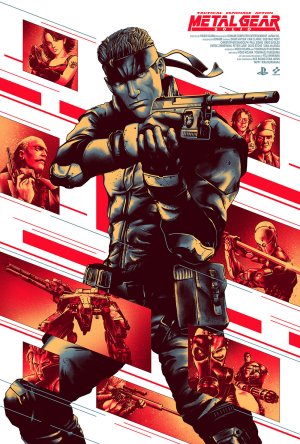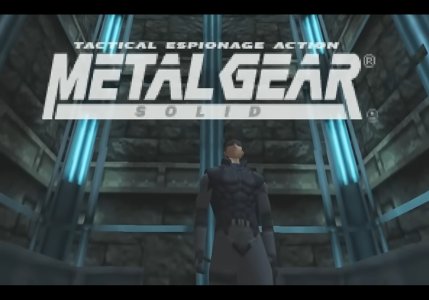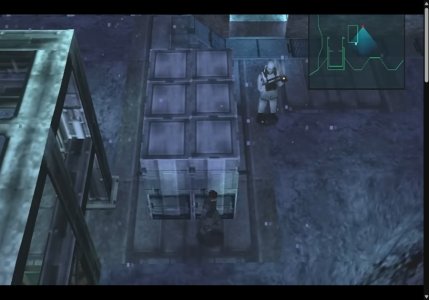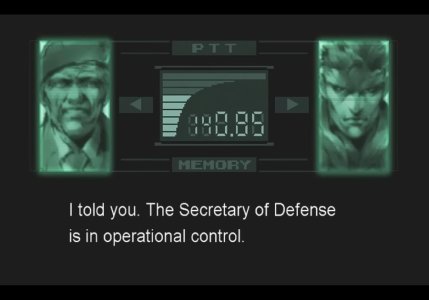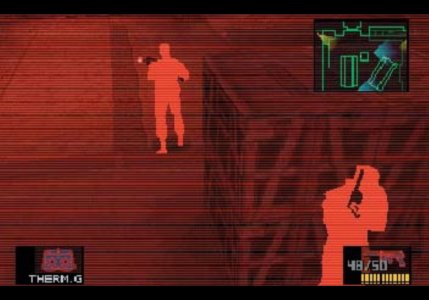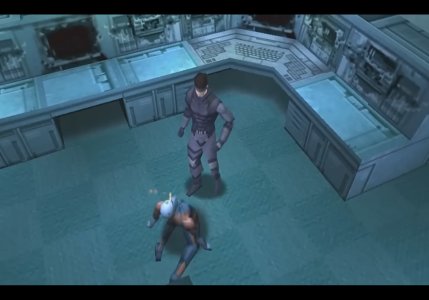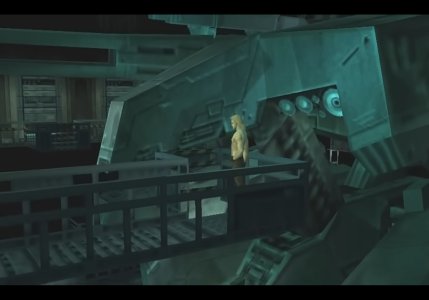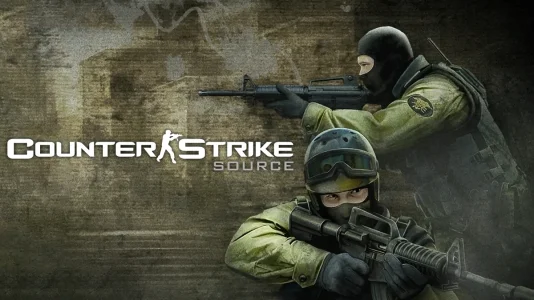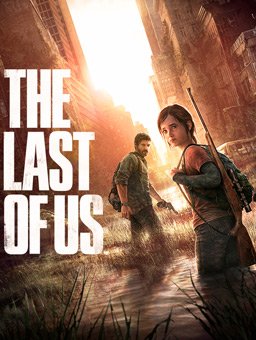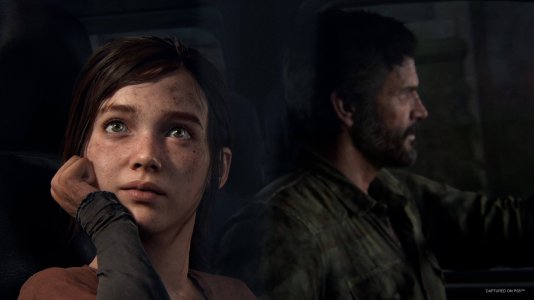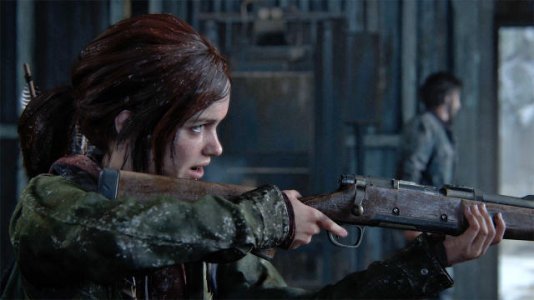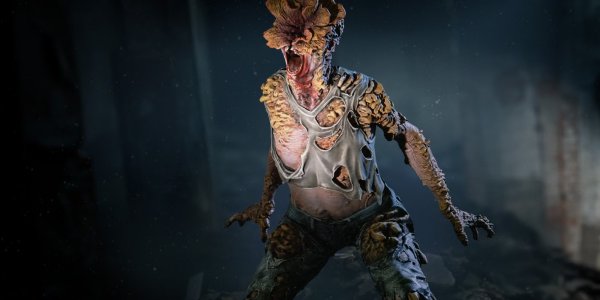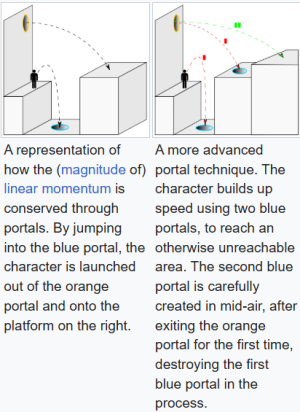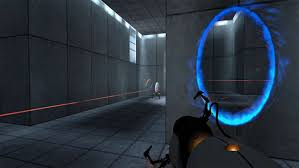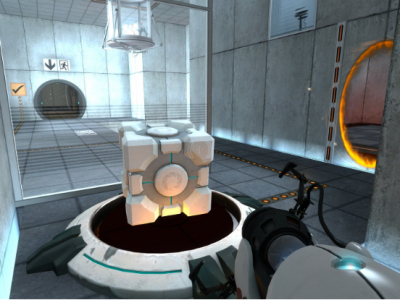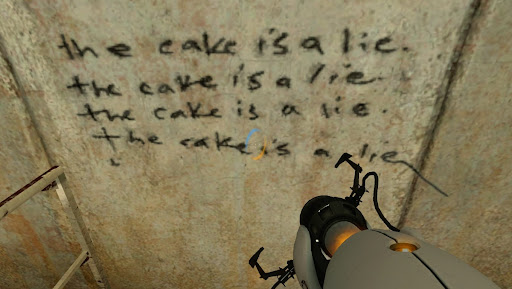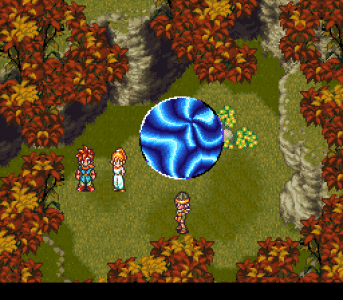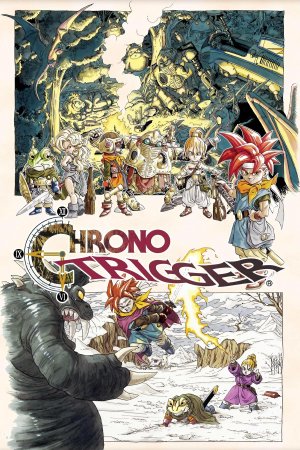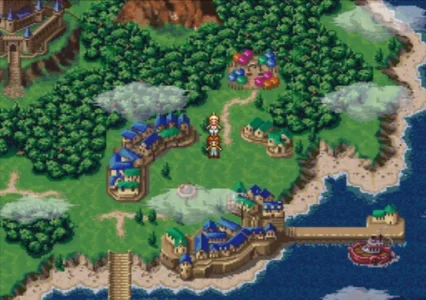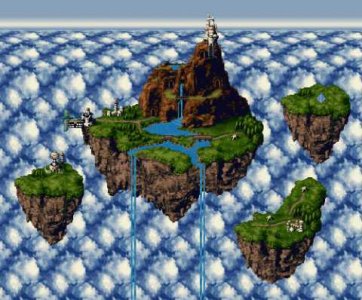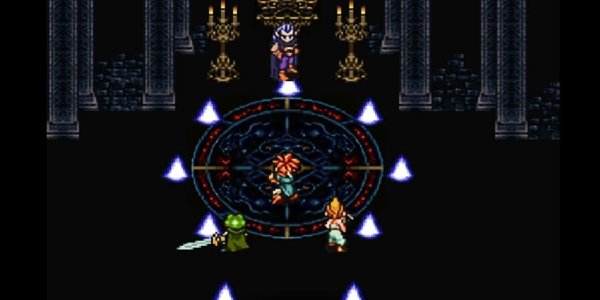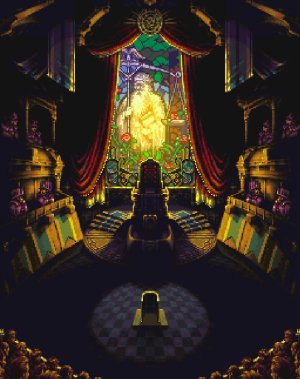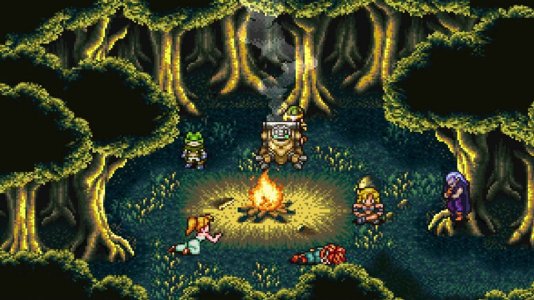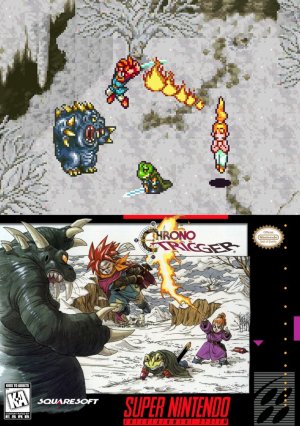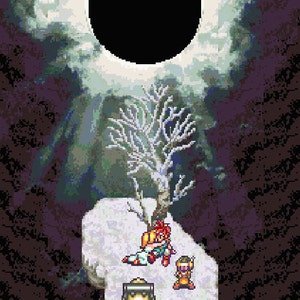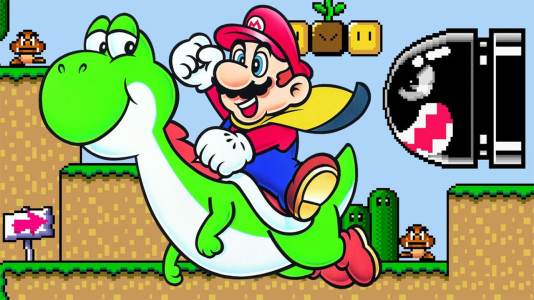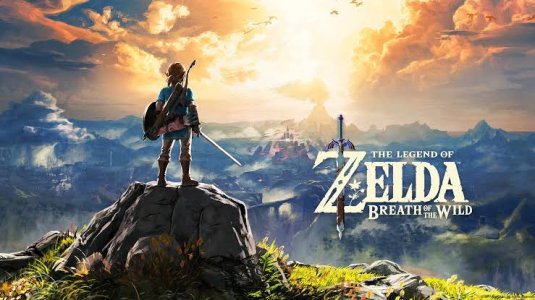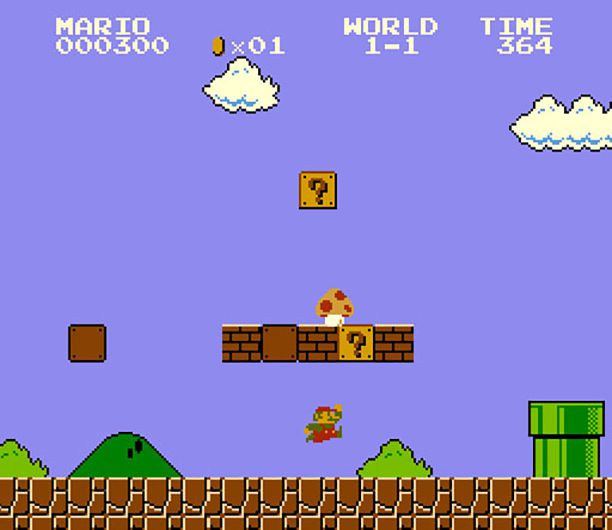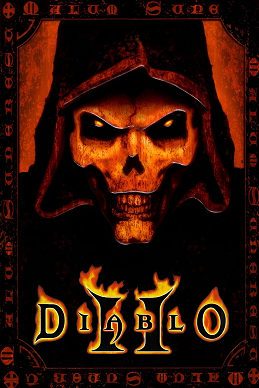We are SO back! It looks like it has been five years since our last TDOS draft, but we've got a crew of 12 lined up to pick some video games.
As always, you're stranded on a desert island with food, water, shelter, bathroom facilities, electricity, an internet connection...and access to all the electronics necessary to play what we would culturally call a "video game". (Actually, that doesn't really sound like all that bad of a gig!) Unfortunately, your access to the games themselves is limited. You may draft them here, and any game you draft you may then play to your heart's content until your eventual rescue, probably several years down the road.
The draft will be a "snaking" draft, with 15 selections per participant. Following the completion of the draft, the participants will vote amongst themselves to rank each drafter's list of video games, after which we will hold a tournament-style public vote (open to all, including non-participants). As there are 12 participants, the top four ranked lists will get byes in the first round of voting.
I think by now most of us have a pretty good feel for what is allowed in these drafts and what is not. I will set out some guideline rules below, but as this particular topic seems to have a lot of gray area, please note that violation of the letter or the spirit of the rules is not allowed, and that I will be the final arbiter for any dispute.
How to participate
As always, you're stranded on a desert island with food, water, shelter, bathroom facilities, electricity, an internet connection...and access to all the electronics necessary to play what we would culturally call a "video game". (Actually, that doesn't really sound like all that bad of a gig!) Unfortunately, your access to the games themselves is limited. You may draft them here, and any game you draft you may then play to your heart's content until your eventual rescue, probably several years down the road.
The draft will be a "snaking" draft, with 15 selections per participant. Following the completion of the draft, the participants will vote amongst themselves to rank each drafter's list of video games, after which we will hold a tournament-style public vote (open to all, including non-participants). As there are 12 participants, the top four ranked lists will get byes in the first round of voting.
I think by now most of us have a pretty good feel for what is allowed in these drafts and what is not. I will set out some guideline rules below, but as this particular topic seems to have a lot of gray area, please note that violation of the letter or the spirit of the rules is not allowed, and that I will be the final arbiter for any dispute.
How to participate
- Make your selection in its own comment. Include both the game title and the platform you will be playing it on. Include as much or as little supplementary material as you wish: write-up, personal love letter to the game, images, video of game play (OK, limit 1 video embed) - all of these are fine if you like. You should make your selection ASAP and return to edit your write-up later if you know what game you are selecting, but do not have time to complete a write-up.
- Make your selection timely. For simplicity, we will stick with the standard 24-hour clock. If you do not select in 24 hours, your time expires and the next participant is automatically on the clock. Missed picks can be made up at any time - including when other players are on the clock - but a participant who has missed one or more picks will have their turn skipped until they make up all outstanding picks.
- Send a Direct Message to the next drafter informing them that it is their turn once you have made your selection.
- Games on any of the following platforms are eligible:
- Console (anything that hooks to a TV/monitor)
- Arcade/standalone
- Handheld
- PC/Mac/Linux/other computer
- Online
- Any game that has already been selected, regardless of platform. Reissues, knock-offs, community mods, games that are substantially the same game (even if the "levels" are different) on different platforms - all are considered the same game. (Spirit: no repeats)
- Expansions: Any game that requires the purchase of a separate, base game to play. (Exception: If you have already drafted the base game, you may use a separate pick on an expansion that relies on the base game. Note: Normal updates and patches expected with the original purchase would be included with a drafted game.)
- Multi-pack/bundled games. (Spirit: we all understand what one title is)
- Games that are merely implementations of a game that frequently is or could be played without a screen, e.g. chess, solitaire, Risk, Scrabble... (Spirit: it's a video game, not just a game that happens to be on a screen)
- @hrdboild
- @Insomniacal Fan
- @Turgenev
- @Sluggah
- @SLAB
- @Warhawk
- @Löwenherz
- @whitechocolate
- @Padrino
- @Spike
- @Tetsujin
- @Capt. Factorial

